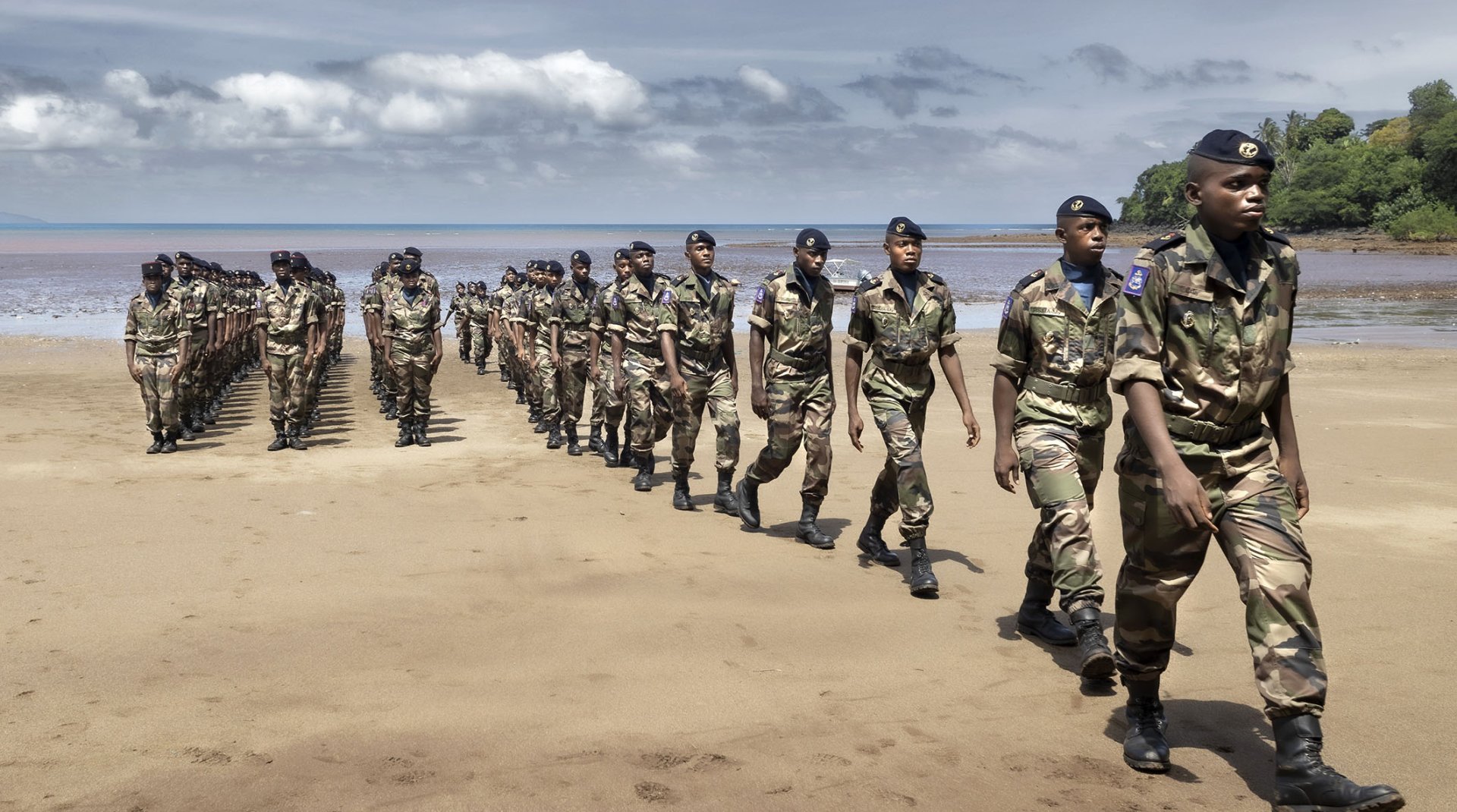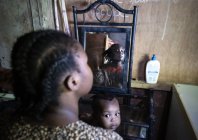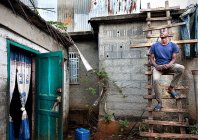
Mayotte: Military service for a second chance
Miquel Dewever-Plana
Le Figaro Magazine
Watch the meeting with Miquel Dewever-Plana, moderated by Caroline Laurent-Simon https://cloud.imagesevidence.com/index.php/s/2yJy5pKL3dRFpHF
The aerial view of Mayotte is of pretty islands in the Indian Ocean half-way between Madagascar and Mozambique: a coral reef, a lagoon, some of the world’s most magnificent scenery, and mountainous terrain shaped by volcanic activity. In 2011, Mayotte was officially granted status as a French “département,” i.e. the same administrative status as in continental France. While today there are no more volcanic eruptions, the social and political situation has reached fever pitch and the point of eruption.
According to the French National Institute of Statistics and Economic Studies [INSEE], 77% of the residents of Mayotte are living below the poverty line, and nearly half are non-French citizens, mostly from the Comoros Islands. In addition to the rapid population growth, there is now an influx with international migration from the Great Lakes region of Africa, going through Mayotte on the path to Europe. Mayotte also has the largest maternity services in France, with more than 10,000 births a year, and around 75% of the mothers are not French. The younger generation, with more than half the population under the age of 17 and often living in slums with no water or electricity supply, can see no prospects for the future.
The local economy has not been developed, the education and health systems are unable to cope, and with more and more migrants from the Comoros crossing the sea in makeshift boats, the situation has declined over the past decade and violence has become endemic. School dropout rates are high, illiteracy has reached record levels, and there are very few opportunities to succeed.
Preview


Miquel Dewever-Plana has reported on an initiative offering a second chance through a special form of military service with the RSMA [Régiment du service militaire adapté], designed and adapted for young people in France’s overseas départements and territories, and which was launched in Mayotte in 1988. In 2024, there will be 800 young men and women in Mayotte volunteering to join up for the program at Combani barracks on the main island of Grande-Terre where they spend two months doing basic military training, followed by vocational training for a further six to ten months depending on the sector.
Training under the RSMA program covers twenty sectors and industries in demand on the labor market in Mayotte, e.g. construction, security, road transport, food and catering, administrative services, carpentry and metalwork. Partnerships have been set up with the RSMA, and by the end of the program 85% of the young men and women find employment or take on further professional training. The key to this success is the concrete approach to vocational training and apprenticeship, and the learning of rules for life skills and personal skills, learning respect, “esprit de corps,” and discipline for punctuality and reliability. So many children in Mayotte grow up without a father figure, often in violent neighborhoods, and these rules show them that it is possible to be resilient and find a way that offers them a future.
Isabelle Fougère
Miquel Dewever-Plana wishes to thank Cyril Drouhet of the Figaro Magazine, Colonel Guillaume Larabi of the RSMA in Mayotte, and all the young men and women who allowed him to cover their story with them over a period of four months.


